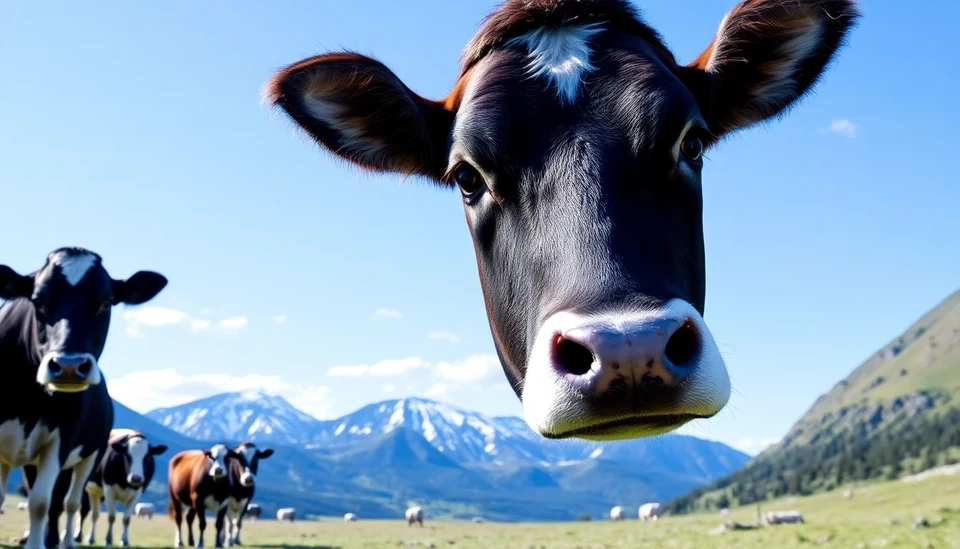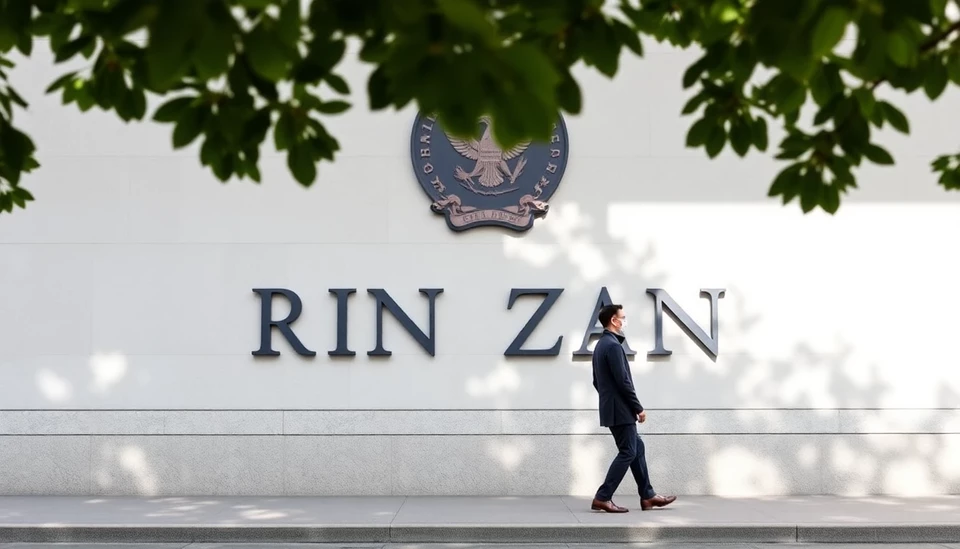
New Zealand has escalated its ongoing trade dispute with Canada, targeting the latter's dairy export practices. This conflict has intensified after New Zealand's government lodged a formal complaint with the World Trade Organization (WTO), emphasizing concerns about the alleged subsidization of Canadian dairy producers.
The core of New Zealand's argument lies in claims that Canadian dairy exports are unfairly supported through various government subsidies, which distort market conditions and hinder fair competition. New Zealand’s Minister for Trade and Export Growth, Damien O’Connor, has been vocal about the need for Canada to engage in more equitable trading practices, claiming that New Zealand’s dairy producers are facing unjust limitations due to these subsidies.
This latest move by New Zealand comes after a series of discussions aimed at resolving the matter amicably. However, as these negotiations have reportedly stalled, New Zealand felt compelled to elevate the issue to international scrutiny, asserting that the current practices not only disadvantage New Zealand’s dairy farmers but also contravene global trade agreements aimed at promoting fair competition.
The New Zealand dairy sector is a significant contributor to the nation's economy, and maintaining a level playing field in international trade is critical for its farmers. In response to the complaint, Canadian officials have expressed their commitment to adhering to international standards and maintaining their dairy support programs, which they argue are essential for sustaining their domestic agricultural economy.
The dispute is expected to garner attention at upcoming trade meetings, as both nations seek to bolster their positions before the WTO. With the stakes high in the dairy sector, analysts suggest that this conflict could lead to broader implications for trade relations between Canada and New Zealand, as well as influencing global dairy markets.
As the situation develops, all eyes will be on the WTO's deliberation on the case and whether it leads to any significant policy changes from Canada regarding its dairy export practices. Trade experts note that the resolution of such disputes is often lengthy and complex, with potential ramifications for bilateral ties between the two countries.
The unfolding situation highlights the delicate balance of trade policies in the agricultural sector and raises critical questions regarding the future of international dairy trade, especially in light of rising global demand for dairy products.
New Zealand’s decision to bring its grievances to the WTO marks a pivotal moment in its trade relations with Canada and underscores the crucial nature of fair trade standards on the international stage.
#NewZealand #Canada #DairyDispute #WTO #TradeRelations #Agriculture #InternationalTrade #DairyExports #MarketCompetition
Author: John Harris




